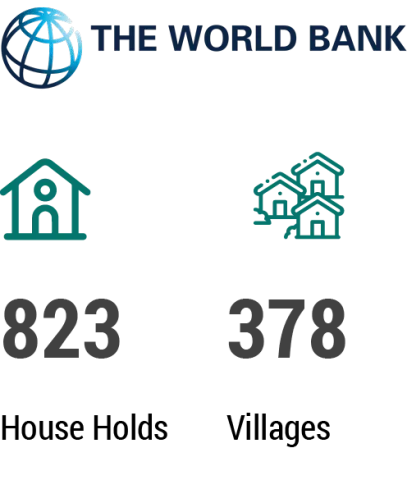
Social Protection
Implementation of a World Bank Gender Innovation Lab cash transfer Intervention offered to a randomly selected subset of households that participated in a land titling experiment in Western Uganda. The aim of the study was to assess whether relaxing liquidity and land tenure security constraints of female farmers in tandem, rather than in isolation, can have a deeper impact on investment, productivity, welfare, and women’s empowerment. Single instance, unconditional cash grants of approximately 350,000 UGX (100 USD) were distributed to 823 households across 378 study villages, half of which were offered land titles and the other half not. Ignosi Research successfully led and completed this intervention including conducting the endline study with a sample of 1,646 households.
Publications: Here
Gender
Project implementation and management for the World Bank, Gender Innovation Lab (GIL) research project named Farm-Family Balance which sought to increase involvement of women in cash crop contracting. The project was implemented in partnership with Kakira Sugar Ltd. (KSL) in Jinja District from 2017-2019. Ignosi Research was also contracted to carry out the baseline and endline data collection for a study sample of 2,370 households.
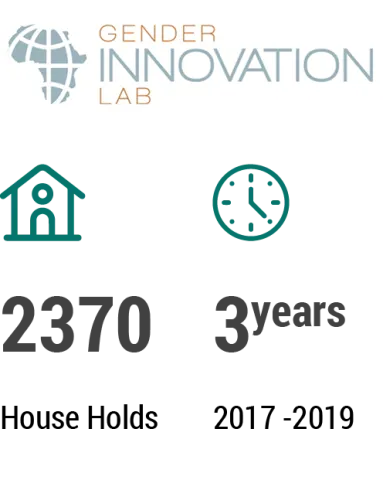
Agriculture
Agricultural value chains (AVCs) are a key component of the food systems and the broader economies of countries around the world. While the needs of farmers and consumers have been studied from many perspectives, the financial activities and needs of “midstream” actors that move agricultural products from the farm to retail markets, are poorly understood. Ignosi Research together with researchers from v sought to study midstream actors in the Coffee and Soybean value chains across West, East and Northern Uganda in 2023. The study sample was a total of 3,000 respondents (traders, processors, wholesalers and some exporters).
Smallholder farmers in less developed countries produce less output per unit of land than their counterparts in more developed countries. One of the potential reasons for this is that they lack knowledge about modern growing techniques or how to best manage their crops. In 2021, Ignosi Research along with researchers from IFPRI sought to evaluate the direct and indirect impacts of an agronomy training intervention targeted at smallholder coffee farmers in Uganda. This study sample was 1,600 coffee farming households.
Publications: Here
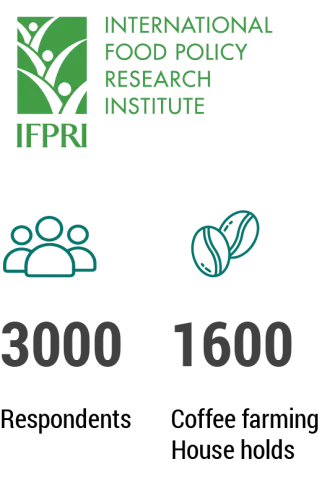
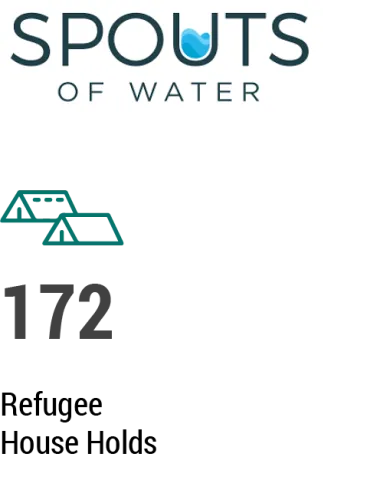
Sanitation and Health
SPOUTS of Water is a social enterprise that manufactures and distributes ceramic water filters, branded as the Purifaaya, to improve access to safe drinking water in Uganda. SPOUTS has developed its product in Uganda since 2012 and began Purifaaya sales in February 2015. In 2016, SPOUTS of Water contracted Ignosi Research to conduct an assessment of the economic, environmental, social, and health impacts of its Purifaaya technology amongst a sample of 172 refugee households in western and eastern Uganda.
Climate Change Adaptation
Tropical deforestation threatens biodiversity, carbon storage, watershed function and rural livelihoods. Forest loss is particularly acute in sub-Saharan Africa, where deforestation rates are the highest in the world. Between 2000 and 2020, total tree cover in Uganda decreased by 12% and accounted for 43 the release of 413 Mt of CO2 emissions. Ignosi Research along with researchers from University of New South Wales, Sydney and Oregon State University set out to study effective ways to design Payments for Ecosystems programs. This study, conducted from 2022-2023, involved 1,600 households in eastern, central and western Uganda.
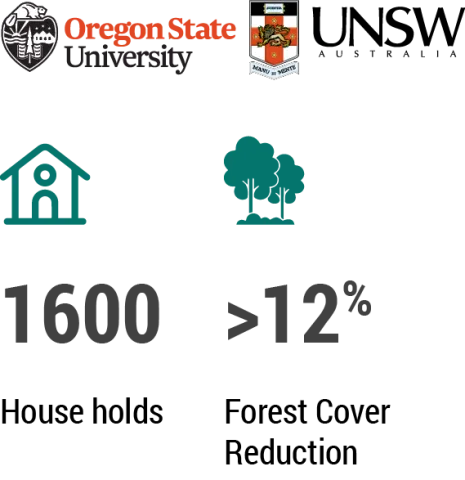
Political Economy (Governance)
Ignosi Research in partnership with researchers from Princeton University and the University of North Carolina conducted a field based behavioral simulation to investigate citizens’ engagement in monitoring service providers and whether this improves when they have directly contributed resources to the services provided. This research program was designed to add to the knowledge about how members of a community interact with local leaders and service providers. A sample of 2,800 respondents participated in these behavioral games in 2018.
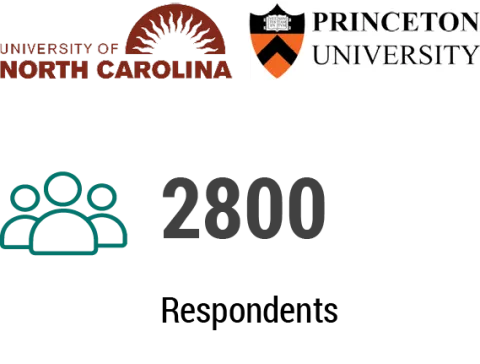
Projects
Explore our diverse projects, where we partner with global organizations, governments, businesses, and non-profits to drive impact. From policy analysis to market research and program evaluation, we deliver insights that fuel smarter decisions. See how IGNOSI tackles challenges, crafts solutions, and delivers real results.
